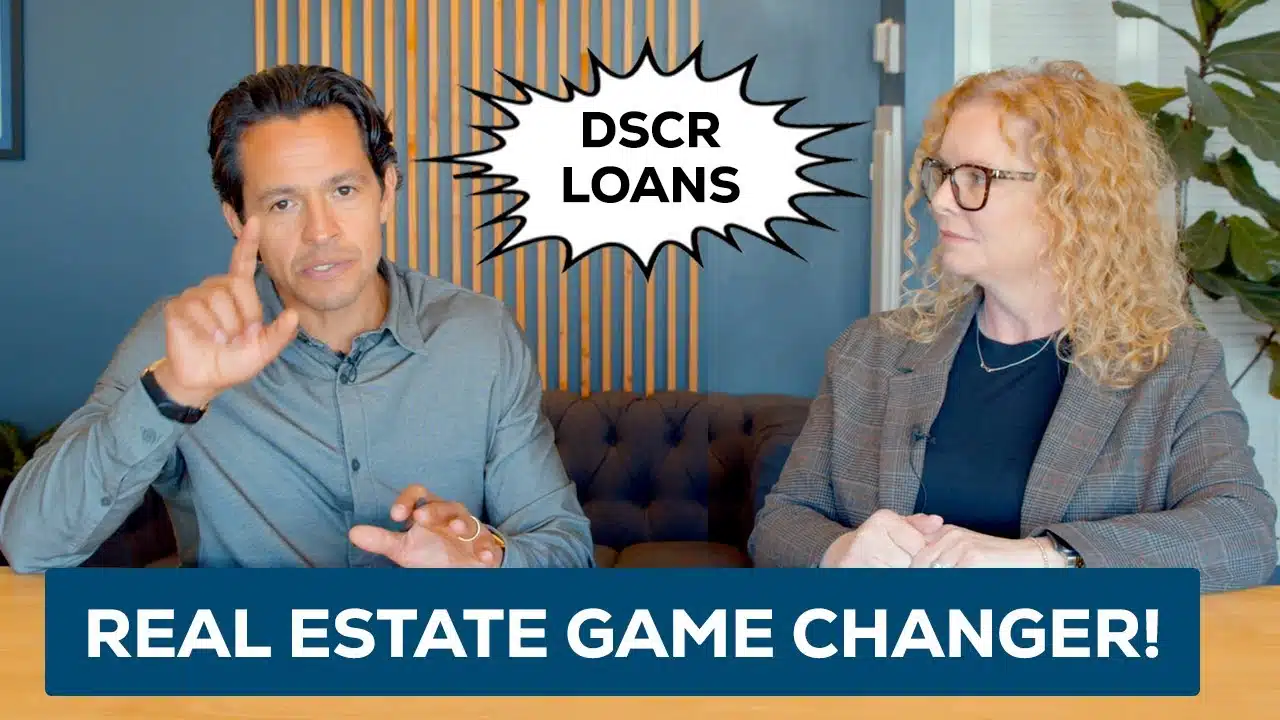If you’re a real estate investor or aspiring to be one, there’s a powerful loan product you need to know about in 2025: the DSCR loan, or Debt Service Coverage Ratio loan. This financing option is revolutionizing how investors buy properties—especially in competitive markets like California. In this post, we’ll break down what DSCR loans are, why they’re gaining popularity, and how you can leverage them to grow your investment portfolio.
What Is a DSCR Loan?
A DSCR loan is a non-traditional mortgage designed specifically for investment properties. Unlike conventional loans that rely on your personal income and employment verification, a DSCR loan qualifies you based on the rental income the property generates.
This means your approval is based on the property’s ability to cover the mortgage—not your personal debt-to-income ratio. It’s a game-changer, especially for self-employed individuals, investors with multiple properties, or those with inconsistent or seasonal income.
Key Benefits of DSCR Loans
1. Lower Down Payments
DSCR loans now allow investors to put down as little as 15%, compared to the typical 25% required for conventional investment loans. For a $1 million fourplex, that’s a $100,000 difference—money that could be used for repairs, reserves, or even another property.
2. 40-Year Loan Options
Yes, you read that right. DSCR loans can stretch out to 40 years, helping lower your monthly payment even more. Some options also offer 10 years of interest-only payments, which means your monthly expenses are minimized while you reposition or stabilize the property.
3. No PMI (Private Mortgage Insurance)
Unlike traditional loans that often require PMI when putting down less than 20%, DSCR loans have no PMI requirement—another major cost-saving benefit.
4. Flexible Qualification Requirements
Don’t have a traditional job? No problem. With good to excellent credit and the necessary down payment, you can qualify—even without W-2 income. Many borrowers using DSCR loans are self-employed or receive gifts for the down payment from family or business partners.
Who Are DSCR Loans Best For?
These loans are ideal for:
- Self-employed individuals who don’t report all their income
- Investors with multiple properties whose reported income might not reflect their cash flow
- Buyers of 2-4 unit properties, which are the sweet spot for many DSCR lenders
- Those looking to buy out of state, especially in places like Florida or other southern states where DSCR loans are widely accepted
What’s the Catch?
Of course, no loan is perfect. The main downside is that interest rates for DSCR loans are slightly higher than conventional loans—typically ranging from 0.375% to 2% more, depending on credit, property type, and location.
But for many investors, the higher interest rate is more than offset by the lower down payment, flexible terms, and ability to qualify without showing personal income. You can also reduce your rate by agreeing to a prepayment penalty—the longer the penalty period, the lower the rate.
How Do DSCR Loans Work?
The lender uses either current rental income (if the units are occupied) or the market rent estimated by the appraiser (if vacant) to calculate the DSCR. To qualify, most lenders require a DSCR of 1.0 or higher, meaning the income must at least match the mortgage payment (including taxes and insurance). Some lenders even allow down to 0.75, offering more flexibility.
Final Thoughts: Is a DSCR Loan Right for You?
If you’re trying to grow your portfolio and want to use leverage strategically, DSCR loans can be an incredible tool. They’re not just for those who can’t qualify conventionally—they’re also a smart choice for savvy investors looking to optimize their capital.
Whether you’re looking at a fourplex in Los Angeles or a short-term rental in Florida, this loan gives you options that didn’t exist just a few years ago.
Ready to get started? Connect with a knowledgeable lender like Phoebe Todorof at Sage Trust Mortgage, who specializes in DSCR loans and can guide you through the process—whether you’re investing in California or beyond.







